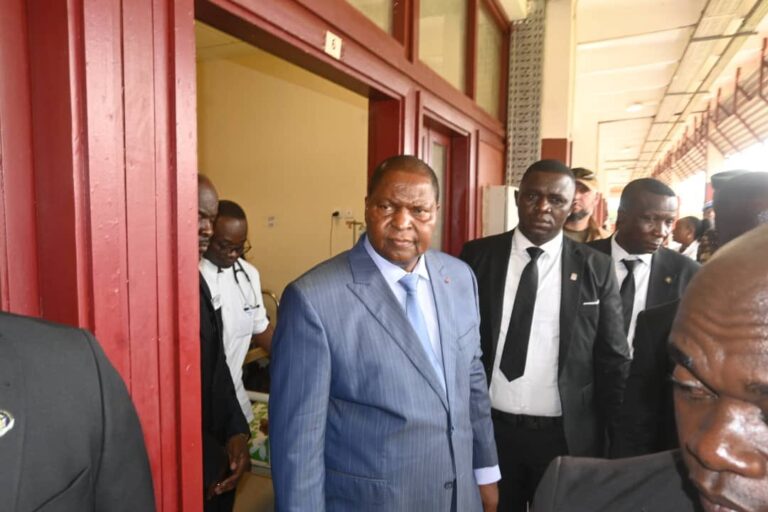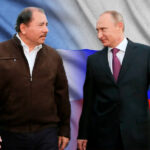I. Introduction
President Faustin-Archange Touadéra’s official confirmation of his candidacy for a third term, following a controversial constitutional overhaul in 2023, marks a decisive turn in the Central African Republic’s (CAR) political trajectory. This move reflects an increasingly authoritarian consolidation of power, with profound implications for democratic governance, ethnic cohesion, regional stability, and international alignments. Understanding the timing, domestic and international support structures, and the associated risks is essential to grasp the evolving power dynamics in Bangui.
II. Why Now? Strategic Timing Behind the Third-Term Bid
Touadéra’s decision comes amidst three converging factors:
- Constitutional Revision as a Tool of Legitimacy: In 2023, a referendum pushed through under controversial circumstances removed term limits and extended presidential mandates from five to seven years. This legal pretext allowed Touadéra to frame his re-election bid as constitutional, despite widespread criticism of the process.
- Security-Driven Narrative: The government has justified Touadéra’s continued rule as necessary for maintaining fragile stability in a country still plagued by armed groups. This narrative appeals to voters’ fears and fatigue from decades of conflict.
- Russian Backing as a Shield: The strengthening of ties with Russia, particularly through Wagner mercenaries (now under a rebranded Russian state-linked structure), has emboldened the president. With foreign security guarantees in place, he faces limited pressure to negotiate with domestic opposition or civil society.
III. Domestic Support: Who Backs Touadéra?
- Ruling Party and Presidential Majority Coalition: The Mouvement Cœurs Unis (MCU), Touadéra’s party, maintains strong institutional control and benefits from state resources.
- Beneficiaries of Russian Patronage: Key figures in the military, intelligence services, and presidency who have gained financially and politically through Russian ties will continue to back him.
- Peripheral and Local Elites: In certain regions, local leaders support Touadéra in exchange for access to mining revenues or state appointments, especially in areas secured by Russian forces.
IV. Russia’s Role: Geopolitical Investment in a Client Regime
Russia has responded positively—albeit cautiously—to Touadéra’s third-term bid. For the Kremlin:
- Strategic Continuity: Touadéra offers consistency in access to lucrative mining concessions and maintains the political cover for Wagner-like operations in Central Africa.
- Diplomatic Leverage: Moscow uses CAR as a showcase of influence in Africa, presenting itself as a partner resistant to Western pressure.
- Military Presence: Russian mercenaries and advisors have deepened their integration into the CAR’s command structure, making the Kremlin invested in regime survival.
V. Who Might Oppose This Bid
- Domestic Opposition Parties: Although weakened and fragmented, parties such as the URCA (Union for Central African Renewal) and civil society groups have denounced the third-term project as a power grab.
- Religious and Academic Voices: The Catholic Church and university intellectuals have expressed concern over authoritarian drift and democratic backsliding.
- Western Actors: France, the United States, and the EU have criticized the constitutional referendum and are likely to diplomatically oppose Touadéra’s renewed candidacy, though their influence has waned.
VI. Risks of Ethnic Tensions and Why They Matter
CAR’s fragile ethno-political balance is under strain:
- Perceived Ethnic Favoritism: Critics allege that Touadéra has favored his own ethnic group—the Ngbaka—in appointments and military promotions. This has generated resentment among other groups like the Gbaya, Banda, and Muslim communities.
- Militia Fragmentation: Many armed groups have ethnic bases. A contested election or third-term mandate may reignite violence if factions feel excluded or threatened.
- Regional Spillover: Ethnic tensions risk inflaming border zones with Chad and Sudan, where ethnic kin groups reside and armed flows persist.
VII. Chances to Win
Touadéra’s re-election prospects are high due to:
- Electoral Engineering: The ruling party controls electoral institutions, and international monitoring has diminished, raising fears of manipulated outcomes.
- Russian Security Umbrella: Opposition figures face harassment, and some have fled the country. This securitized environment inhibits free competition.
- Patronage and Rural Influence: In rural areas, where the state and its Russian allies offer basic services and protection, loyalty can be mobilized with infrastructure promises or direct aid.
VIII. ConclusionPresident Touadéra’s third-term bid is a calculated maneuver enabled by constitutional manipulation, foreign military backing, and weakened domestic opposition. While he stands a strong chance of winning under current conditions, the long-term consequences may prove destabilizing. Ethnic grievances, democratic erosion, and dependency on external powers threaten to undermine the very stability he claims to uphold. For CAR’s future, the 2025 election is not just a vote—it is a referendum on the direction of the state itself.
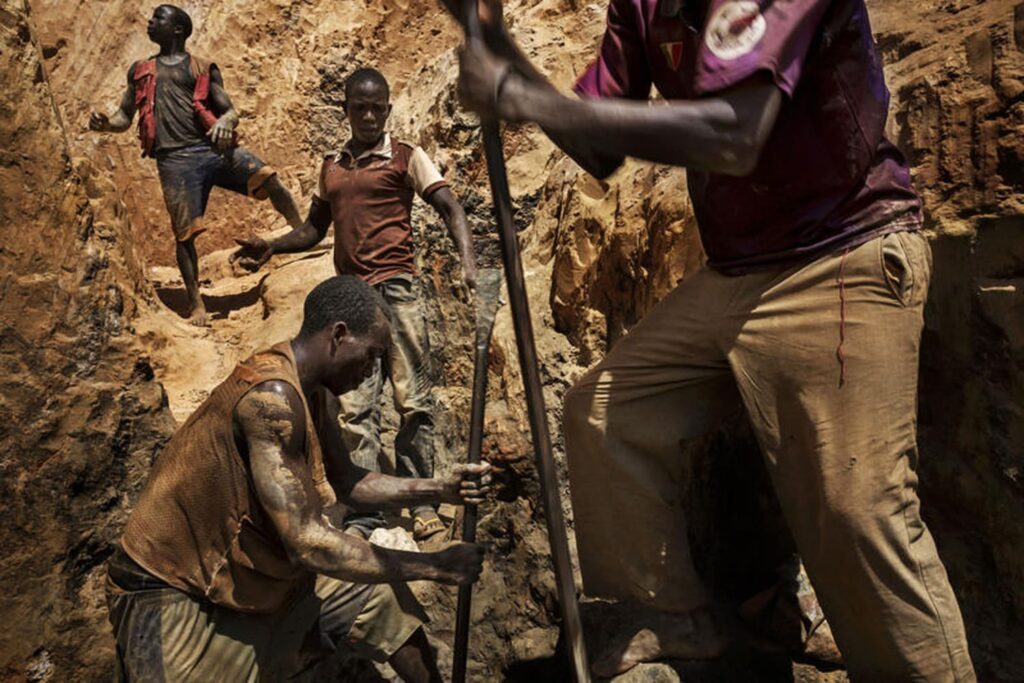
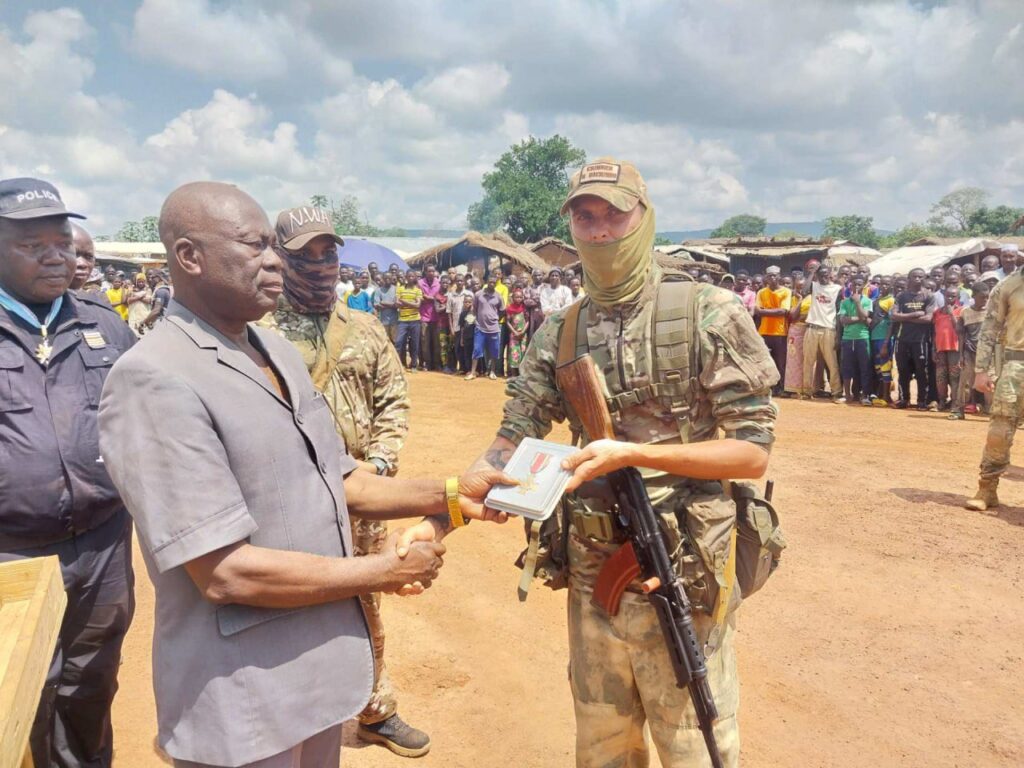

More on this story: Africa’s New Overseers: Inside Russia’s Covert Gold Empire”
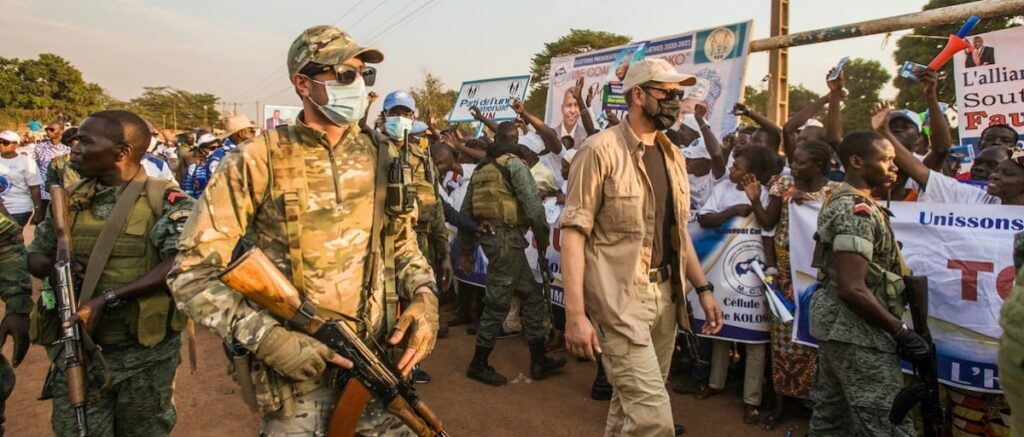
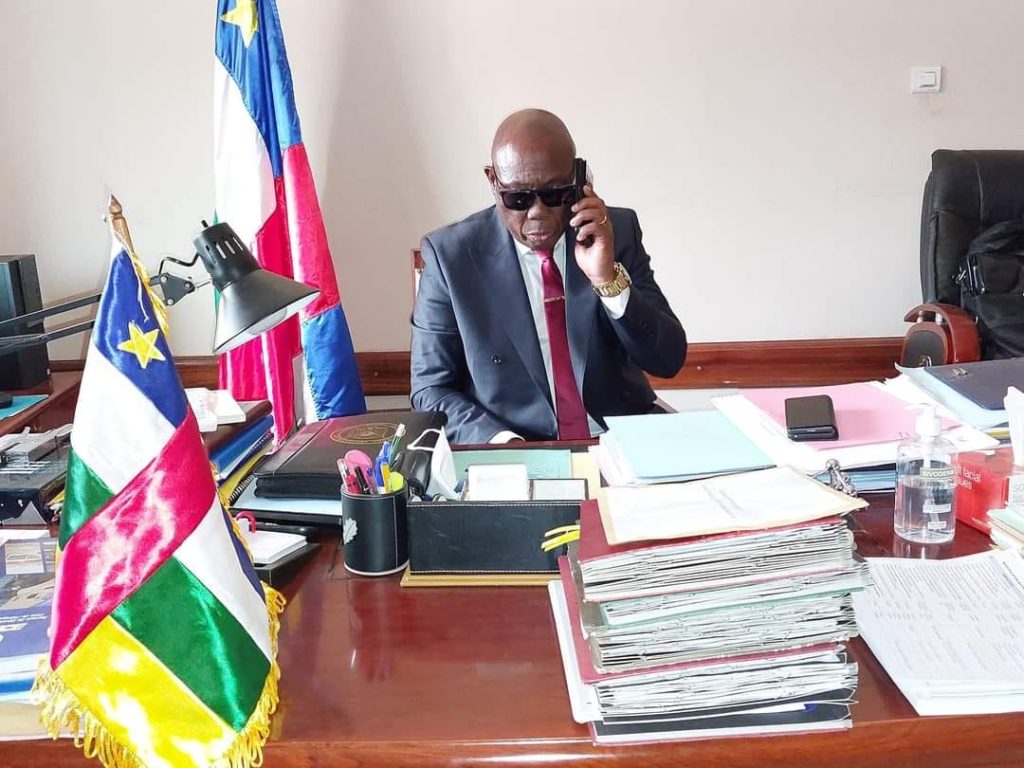
More on this story: Government reshuffle in Bangui to confirm Moscow’s growing sway
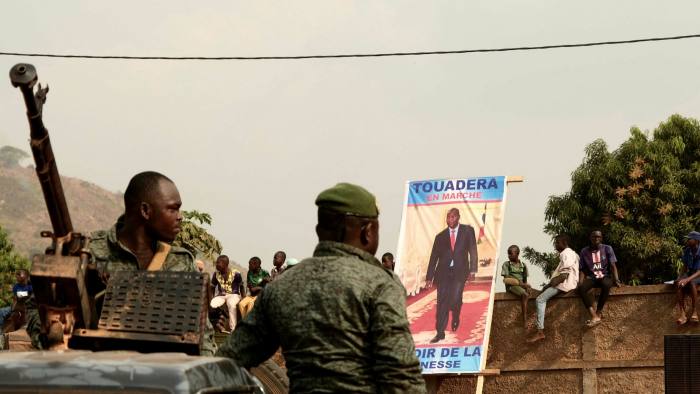
More on this story: Worsening situation in CAR leads to President Taudery re-election


